Tongue Twisters for Specific English Sounds
As it is generally acknowledged by many English language learners, there are sounds that are difficult to learn. English non-native speakers while learning English might experience difficulty in producing certain English sounds. There is evidence from second language learning research that supports this statement.
If you check Lado’s (1957) contrastive analysis (check the references below), you will understand that the more the mother tongue and the target language are closely similar, the easier the target language can be learned. But, the more the mother tongue and the target language are different, the harder the target language can be learned. For example, Japanese or Arabic native speakers who are learning English will find some sounds hard to learn. This is simply because these sounds don’t exist in their mother tongue’s phonological repertoire.
Although pronunciation is an underestimated skill in many EFL classes, because it is not as important as speaking or writing, it is a very critical component of learners’ overall proficiency. You, teachers, can help your learners develop their pronunciation by teaching certain tongue twisters that target specific sounds.
If your students tend to have problems with consonant blends, flap /D/, the American /r/, you can always introduce them to tongue twisters that target these specific sounds and ask for extensive practice at home. It is all in your own hands. So, don’t miss this chance.
Here are some of the most difficult sounds that some learners might find hard to articulate. Under each sound(s), there are some tongue twisters. If you are able to bring them to your class and train your learners, you will help them overcome their weaknesses.
American Vs. British /r/
Regardless of the accent, you use in your class, you will have to help your learners understand the difference between British and American accents. The /r/ sound is probably one of the most difficult sounds. Here are some tongue twisters you can use. You might notice that the /r/ sound has different positions in these tongue twisters,. This will help you show your learners the variation that happens in each specific position.
- Truly rural
- Red lorry, yellow lorry
- I scream you scream, we all scream for ice cream
- Rolling red wagons
- Lesser leather never weathered wetter weather better
2. Consonant Blending
Consonant blending refers to the case when two consonants form a blended sound. This is sometimes hard for beginners. So help them with these tongue twisters:
- She sells seashells by the seashore
- I thought I thought of thinking of thanking you
- Slim slam slap
- I saw a kitten eating chicken in the kitchen
3. Flap /d/
Flap /D/ is probably one of the sounds that make the American accent quite distinct from others. People who can articulate this sound properly will sound fluent. Many EFL and ESL students strive to learn this sound. Your learners probably do as well. Here are some tongue twisters you can use. If you, teachers, use a certain accent or are not sure you can pronounce it, you can bring a voice projector and play the tongue twister.
- Lesser leather never weathered wetter weather
- Trina Tweety tripped two twittering twins under a twiggy tree
- A tutor who tooted the flute tried to toot two tooters to toot
4. Vowels
Vowels are challenging in the English language. Not like other languages, English has monophthongs, diphthongs, and triphthongs. This makes pronouncing vowels a hard task. To help your learners overcome this problem, you have to introduce them to tongue twisters that include a specific combination of sounds which will basically depend on your learners’ needs and their weaknesses. Here are some tongue twisters that can help you with this:
- Eddie edited Earl’s easy music
- Gooey gopher guts
- Excited executioner exercising his excising powers excessively
- Annie ate eight Arctic apples
- An orange oval spooks the odd operative
- An awful aardvark and an aching ape ate an antelope
I really hope this sparks your interests and your learners’ as well. If you like this collection, please share it with your colleagues. Check other posts that may relate to this one.
Please, like our page and follow us on Facebook.
References:
- Lado, R. 1957. Linguistics Across Culture. USA: The University of Michigan. 1968. “Contrastive Linguistics in a Mentalistic Theory of Language Learning.” In Monograph Series in Language and Linguistics. Ed : J. E. Alatis. USA : Georgetown University.
- Lee, W. R.1968. “Thoughts on contrastive Linguistics in the Context of Foreign.

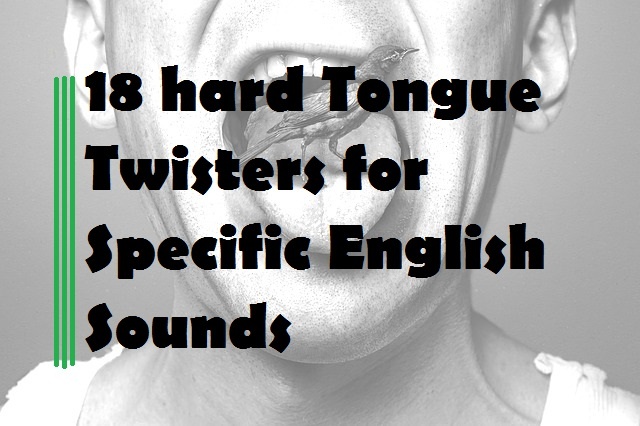
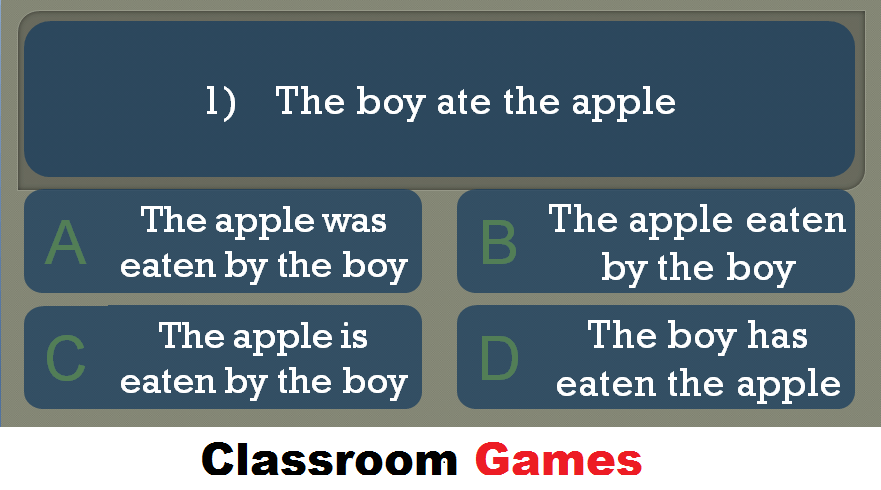
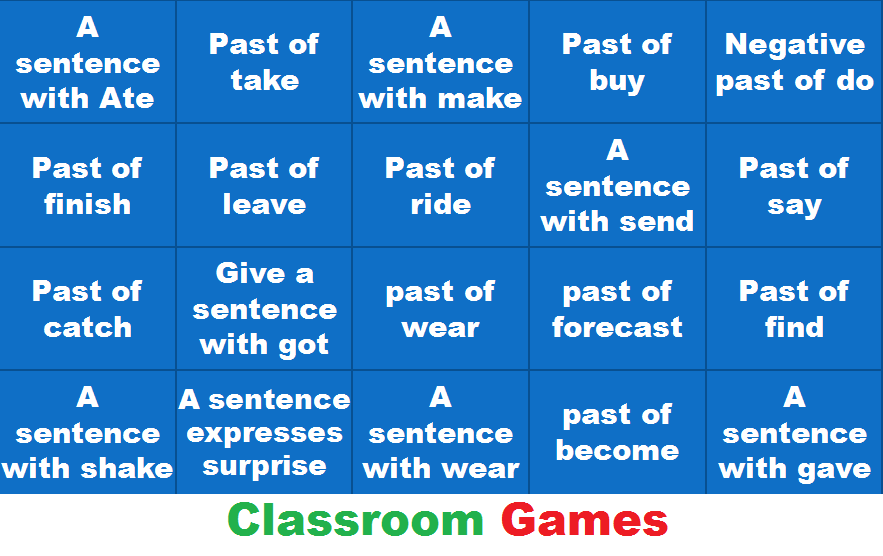
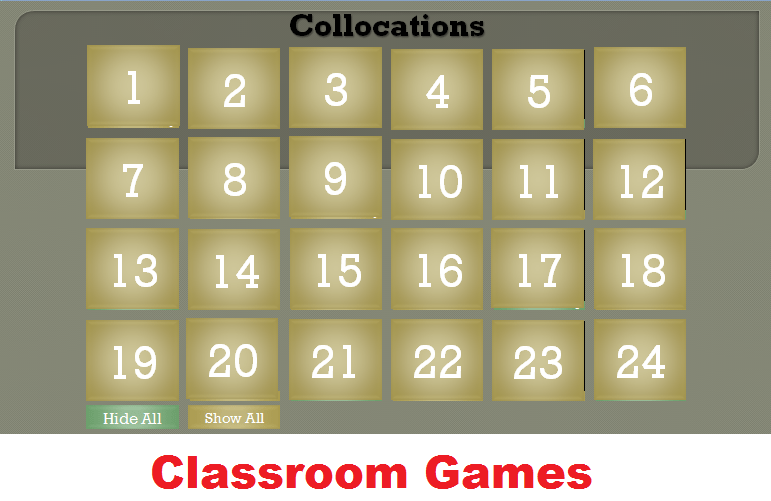
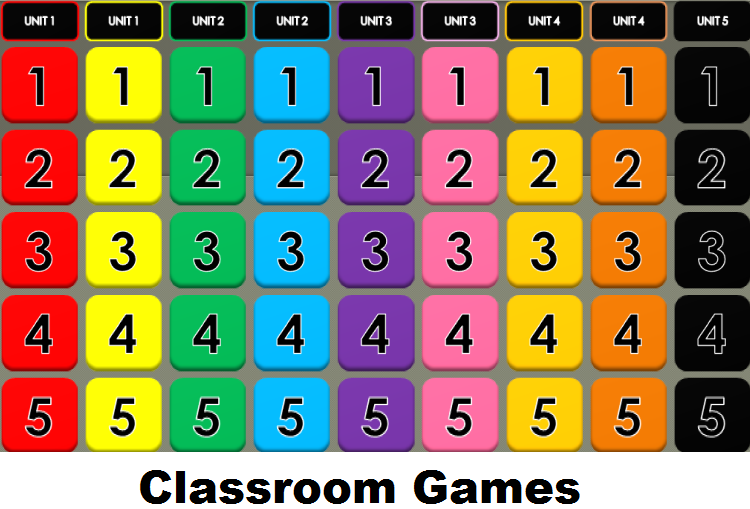


as always your posts are really amazing .
Thanks dude, keep up learning
Thanks, a lot brow. This post sharing may answer those who comment on another post.
A comprehensive resource here:
https://www.amazon.com/Wonderful-English-Treasury-Pronunciation/dp/B086C9ZSR5
more info at the website http://www.earthsideeducation.com